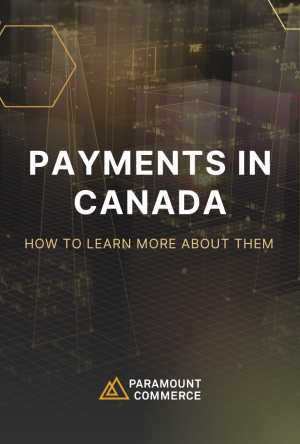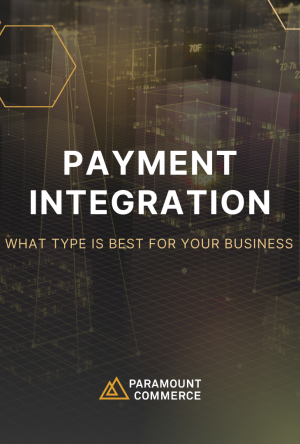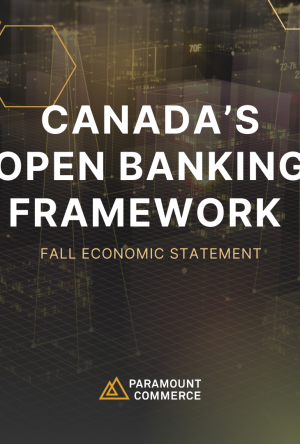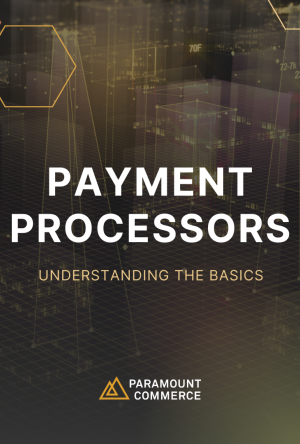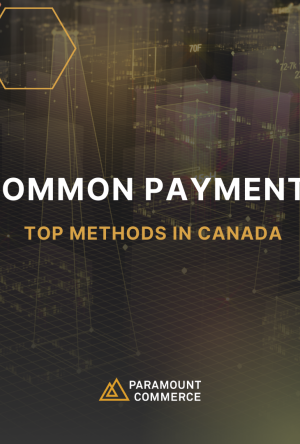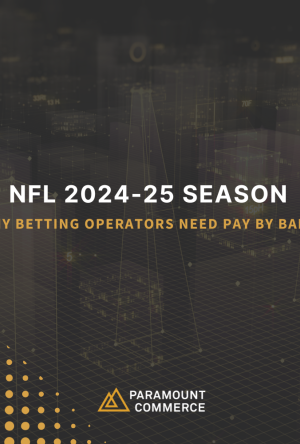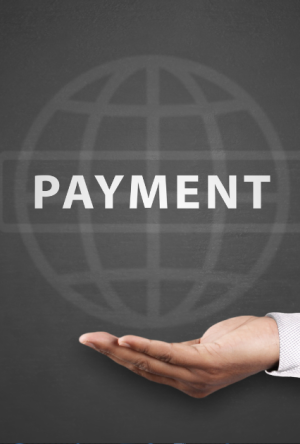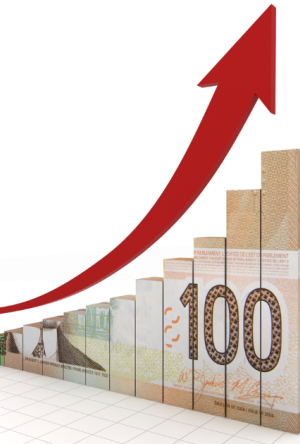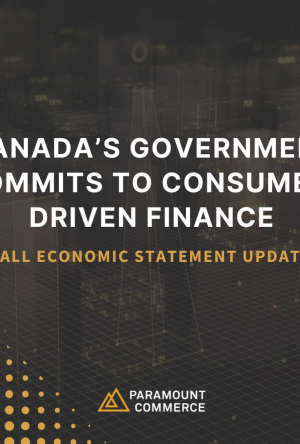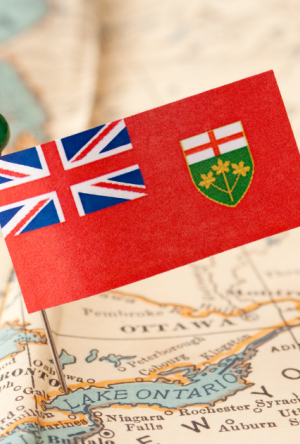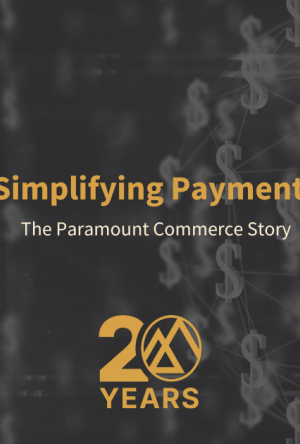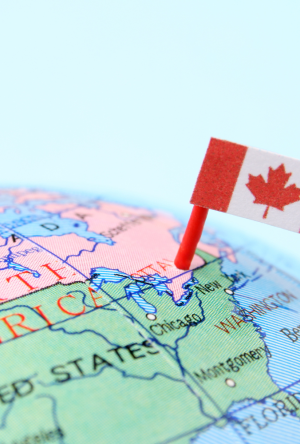
Rewind Time: 3 Big Fintech & iGaming Stories
2022 was a big year for Canadian iGaming and fintech industries. Both industries made major progress through important regulations, partnerships, and discussions within the financial sector. As the year comes to an end, we’re looking at three of the biggest Canadian iGaming and fintech stories that will have a major impact in the coming year.
Ontario’s iGaming Market Launch
After months of eagerly waiting, Ontario officially launched its regulated iGaming market earlier this year. With gaming being the largest segment of Canada’s entertainment industry, this was a huge first step for Canada’s regulated online gaming market. And Ontario’s iGaming market delivered. According to the Q1 & Q2 market performance reports shared by iGaming Ontario, the market indicated it has an active and growing player base as well as an increased interest from operators in expanding to Canada.
Q2 brought over 136,000 new active player accounts who, on average, spent $142 every month—a notable increase compared to last quarter. Additionally, the number of operators and gaming websites grew. Six new operators and 11 new gaming websites went live in the province in Q2, bringing the total number of operators to 24 and gaming websites to 42.
Ontario’s iGaming market growth has shown great potential over the last two quarters. With the many major sporting seasons currently underway, along with the expectation of more licensed operators moving into Ontario, Q3 could easily surpass the results from Q2. While Ontario welcomed international merchants to the province, other provinces such as British Columbia, Manitoba, New Brunswick, Newfoundland and Labrador, Quebec, Alberta, and Saskatchewan started offering online gaming through regulated province-run online casinos and sportsbooks, supported by gaming authorities as well as Payments Canada’s secure infrastructure for processing transactions.
The First Non-Bank Opens a Bank of Canada Account
The online investment management service Wealthsimple recently made an exciting announcement—it became the first non-bank or credit union to be approved by the Bank of Canada for a direct settlement account. This decision represents a significant shift in how financial systems in Canada are evolving. Wealthsimple is now poised to be the first fintech to have direct access to the Real-Time Rail payment service when it is launched in the country.
The co-founder of Wealthsimple, Michael Katchen, shared the significance behind the announcement:
“Approval is monumental for our business but beyond that, it will change the landscape of financial services in Canada. This decision helps level the playing field with incumbents. It means we’ll be able to keep innovating and delivering on projects we have long imagined will improve the everyday lives of the over 2.5 million Canadians we serve today. Things like instant wage disbursement and instant bill pay.”
This milestone signals the potential for more fintech companies to gain direct access to banking in Canada, further transforming how Canadians interact with their bank accounts and financial products.
The Future of Open Banking in Canada
Technology is making consumers’ lives easier by improving access to financial information and services. With the click of a button, Canadians can now have groceries delivered to their homes, purchase last-minute holiday gifts, or fund their iGaming accounts. However, consumers in Canada still need more choices when it comes to accessing diverse financial services.
This is where open banking comes in. According to the federal government’s website, open banking is a secure way for consumers to share their financial information with financial technology companies. While open banking has been widely adopted in regions such as Europe, markets like the U.S. and Canada are still catching up. But there is hope—ongoing discussions in Canada could bring the initial phase of open banking as early as 2023.
A major concern in Canada’s current financial landscape is the reliance on outdated methods such as screen scraping, which requires consumers to share their banking credentials with third-party providers. Open banking eliminates this by enabling secure data sharing through direct APIs, giving consumers better control over their financial data while maintaining security.
By allowing customers to share their financial data with trusted third-party providers, open banking creates more personalized financial services. This could mean access to tailored credit union loans, lower-interest credit cards, or chequing accounts with reduced fees. Through secure payment services and innovative financial products, open banking is set to modernize Canada’s financial sector.
Looking Ahead to 2023
2022 was a big year for Canada’s iGaming and fintech industries—not only in terms of growth but also in the major discussions that will shape the future. With the initial phase of open banking on the horizon, continued expansion of the iGaming market, and stronger collaborations between fintech companies and the federal government, 2023 is set to be an exciting year for financial innovation in Canada.


